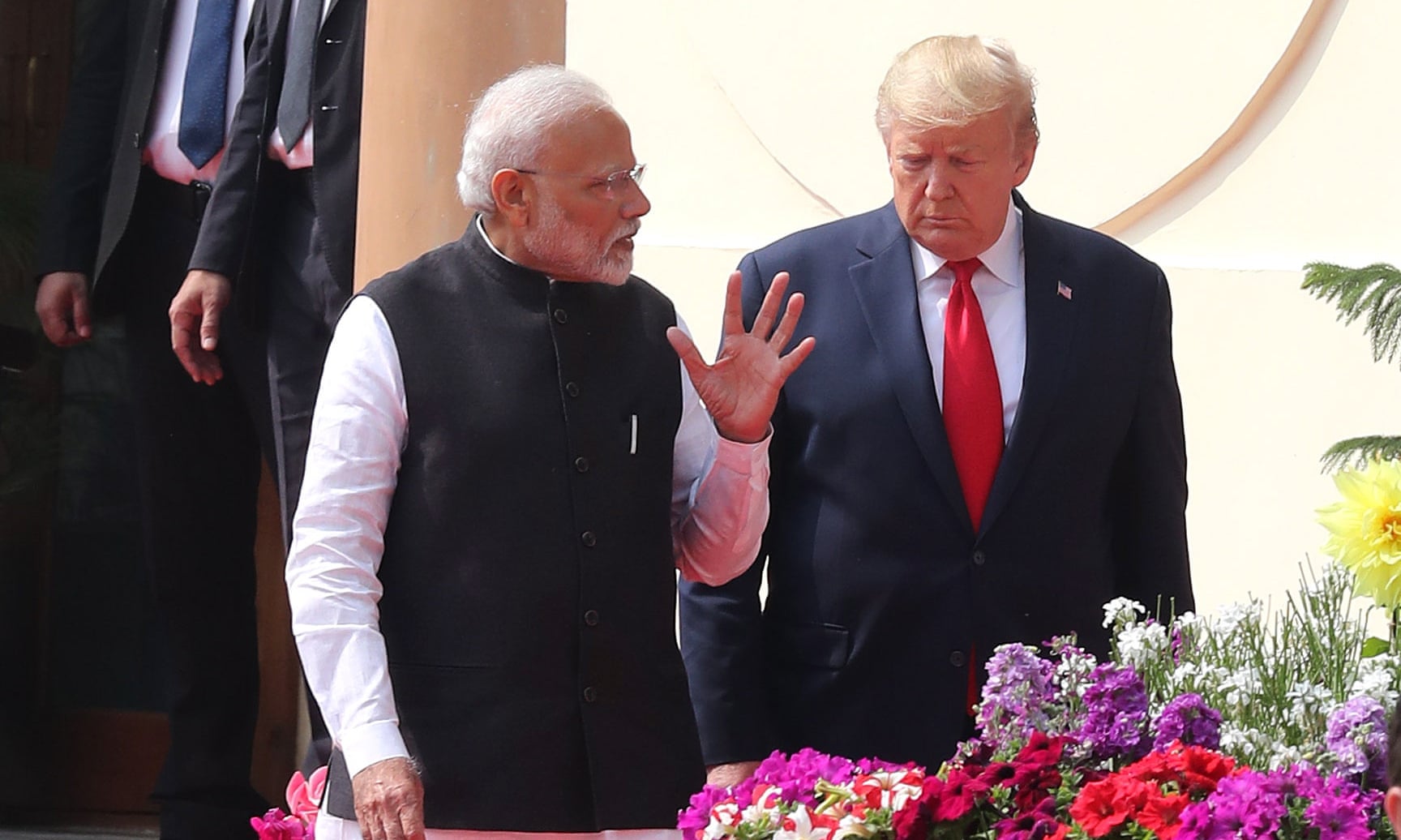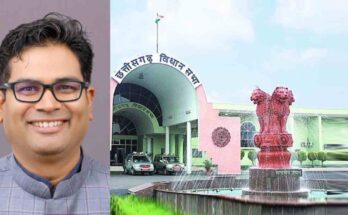US president called Modi and threatened ‘retaliation’ if country kept full export ban
USA (The Guardian) 7 Apr 2020 .India has approved some exports of hydroxychloroquine, an anti-malaria drug being touted as a possible coronavirus treatment, after apparent pressure from Donald Trump, who has been urging Americans to take it.
The tablets are used to prevent and treat malaria, lupus and rheumatoid arthritis but over the past week the US president has been aggressively promoting the drug as a treatment for coronavirus, despite there being no conclusive medical evidence to prove its efficacy.
India, the world’s largest producer of hydroxychloroquine, had put a temporary export ban on the drug in order to preserve domestic stocks.
But in a statement on Tuesday morning, Anurag Srivastava, a government spokesperson, said that India had lifted some restrictions after officials had “confirmed the availability of medicines for all possible contingencies currently envisaged”.
Srivastava added that hydroxychloroquine would be kept in a “licensed” category, with the demand “continuously monitored”.
The partial lifting of the export ban comes after Trump confirmed he had called Narendra Modi, the Indian prime minister, over the weekend threatening “retaliation” if the country did not release its stocks.
Trump and Modi have a close relationship. On his inaugural visit to India in February, Trump declared Modi an “exceptional leader” and “true friend”.
During a press briefing at the White House on Monday, Trump said: “I spoke to him [Modi] Sunday morning, called him, and I said we’d appreciate your allowing our supply to come out. If he doesn’t allow it to come out, that would be OK, but of course, there may be retaliation. Why wouldn’t there be?”
In recent days, Trump has developed a public obsession with hydroxychloroquine as a miracle cure for coronavirus, boasting that the US had already stockpiled 29m doses of the drug. The basis for the president’s proclamations of the drug as a “game changer” is a study carried out by a group of scientists in March, but the results have been openly dismissed by experts and major medical bodies.
Nonetheless, despite the dubious medical evidence, the drug is now being given to 1,500 patients who have tested positive for coronavirus in New York.
India’s neighbouring countries, such as Sri Lanka and Nepal, have also put in orders for the drug. India said it would consider all exports on a case-by-case basis. India is one of the world’s largest producers of pharmaceuticals and last month put export restrictions on dozens of drugs, including paracetamol and various antibiotics, in order to preserve domestic supply. The Indian government confirmed on Tuesday they would also be partially lifting the ban on paracetamol exports.




